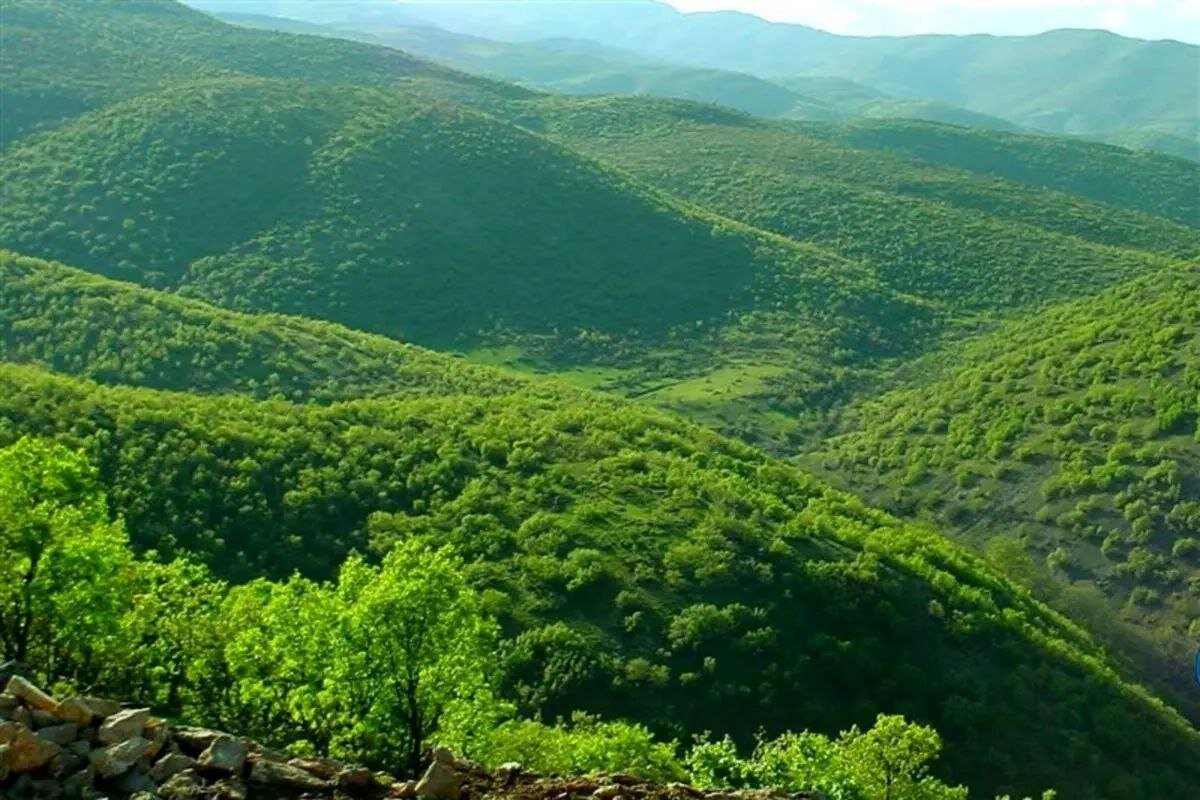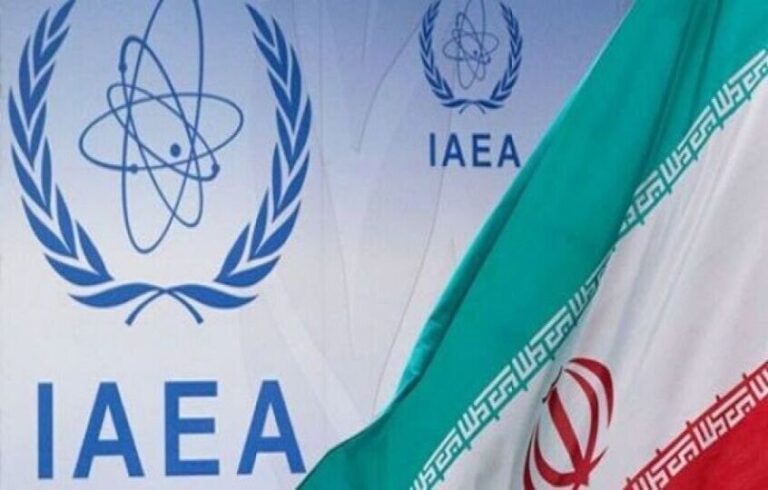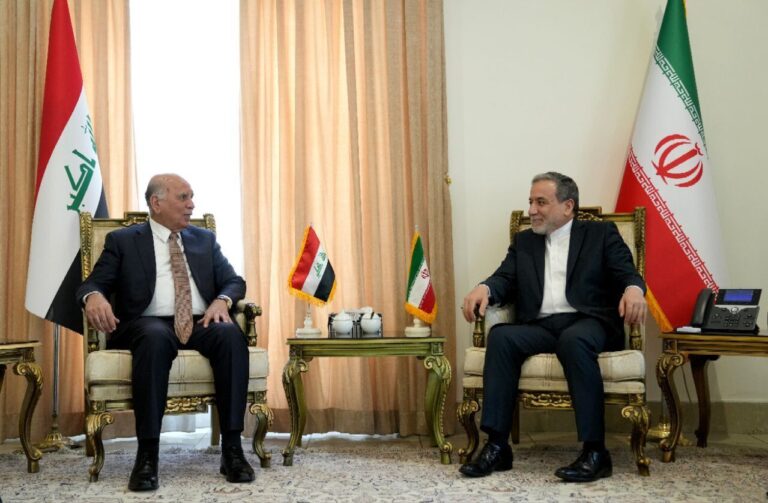UN ESCAP Embraces Iran’s Vision for Safeguarding the Enchanting Zagros Forests
In a significant move to protect the vital Zagros forests, Iran’s proposal was approved during the eighty-first annual session of the United Nations Economic and Social Commission for Asia and the Pacific (ESCAP). This approval places the protection of Zagros forests prominently on the agenda of the Asia-Pacific Center for the Development of Disaster Information Management (APDIM). These forests are not only a crucial natural resource for Iran but also account for 40% of the country’s forested areas, playing an essential role in freshwater production.
The eighty-first session of ESCAP took place from April 21 to 25 at the United Nations Conference Centre in Bangkok, focusing on the theme of “Regional cooperation for resilient and sustainable urban development in Asia and the Pacific.” Representatives from Iran actively engaged in discussions centered on various critical topics, including:
- Transportation
- Environment
- Disaster resilience
- Energy
- Poverty reduction
- Development financing
During this session, Iran submitted a report of the governing council alongside the strategic plan from APDIM. This gathering served as a valuable platform to promote inclusive urban growth and emphasize the importance of acting on the 2030 Agenda for Sustainable Development at all levels.
The discussions highlighted the necessity of regional cooperation in tackling urban challenges and identified collaborative strategies for localizing global goals. Important themes included:
- Enhancing multilevel climate action
- Fostering inclusive urban growth
- Importance of data and digital transformation
- Innovative financing for sustainable urban development
The session reinforced the idea that cities must be well-equipped to navigate future challenges, ensuring sustainable growth and resilience.
In addition to the ESCAP discussions, the Natural Resources and Watershed Management Organization in Iran is set to organize an international conference focused on the Zagros forests within the current Iranian calendar year, which commenced on March 21. Rasoul Ashrafipour, an official from the organization, emphasized that promoting diplomacy surrounding natural resources is a top priority.
According to Ashrafipour, “We will particularly invite countries with a Mediterranean climate, where vegetation is similar to that of Zagros and that have implemented effective preservation measures. We will also reach out to nations with arid and semi-arid climates.” This initiative aims to share experiences and strategies for the conservation of similar ecosystems.
Addressing the challenges posed by climate change, Ashrafipour pointed out that Meteorological data indicates the rise in temperature in Iran has surpassed the global average, significantly impacting the country’s climate. Consequently, the Natural Resources and Watershed Management Organization, in collaboration with the Meteorological Organization, plans to generate new documents and research within the next six months to address these pressing issues.
This strategic focus on the Zagros forests is a vital step not just for Iran but also for the broader region, as these forests contribute significantly to biodiversity, water resources, and the overall environmental health of the area. The international conference is expected to bring together experts, policymakers, and environmental advocates to discuss sustainable practices and collaborative efforts in forest management.
As global awareness of climate-related issues grows, the importance of protecting natural resources like the Zagros forests becomes increasingly clear. By fostering international dialogue and cooperation, Iran aims to not only safeguard its own natural heritage but also contribute to the global movement towards sustainable development.
In conclusion, the approval of Iran’s proposal at the ESCAP session and the upcoming international conference represent crucial steps in the ongoing effort to protect the Zagros forests. These initiatives highlight the importance of regional collaboration and the need for innovative solutions to combat climate change and ensure the sustainability of vital ecosystems.






